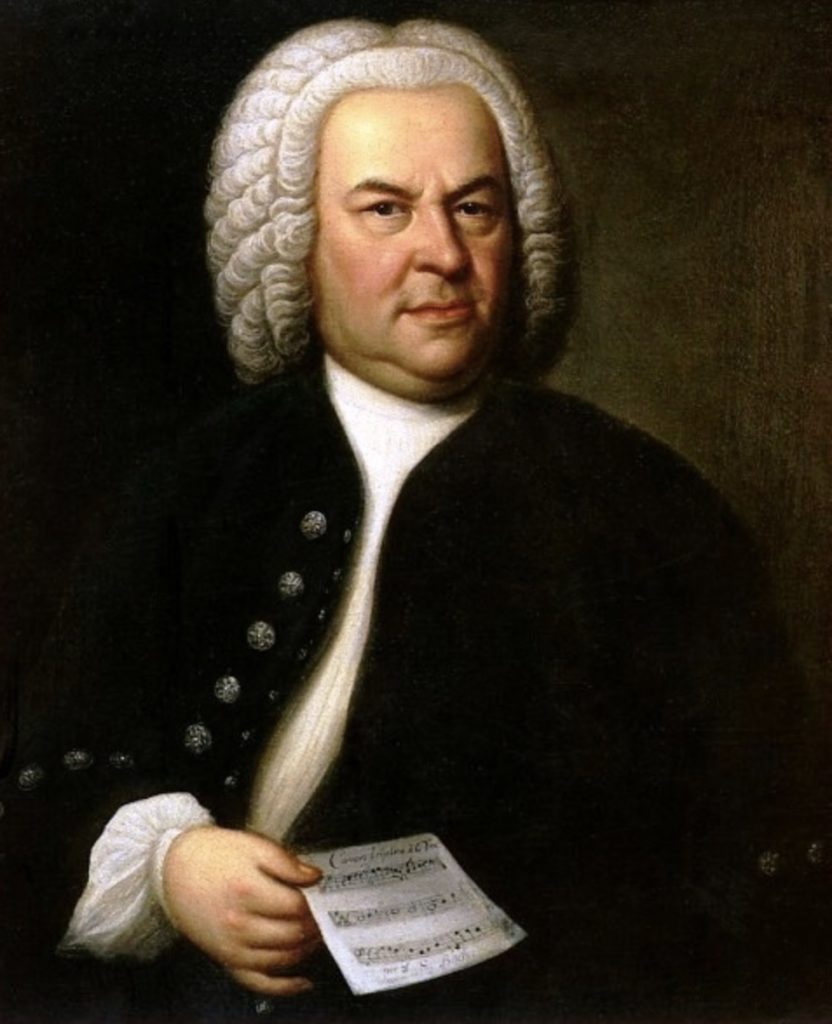Johann Sebastian Bach, was born in Eisenach, Germany on March 31, 1685. His father taught him to play the violin and harpsichord and his uncle, Johann Christoph Bach taught him to play the organ. By the time Johann reached the age of 10, both his parents had died, so he moved in with his oldest brother, Johann Christoph Bach who taught him to play the clavichord. At the age of 14, he was awarded a scholarship to study at St. Michael’s School near Hamburg. His steady output of fugues began in Weimar around 1722 and continued through 1744.

In 1747, Frederick II of Prussia played the “royal theme” and challenged Johann to improvise a fugue based on that music. Bach responded with a three-part fugue on Frederick’s pianoforte, and presented the king with a musical offering consisting of fugues and canons. The Art of Fugue, sometimes cited as the summation of polyphonic techniques, was published posthumously and consists of 18 complex fugues and canons based on a simple theme. The final work Bach completed was a chorale prelude for organ, dictated to his son-in-law, Johann Altnikol, from his deathbed.
Though Bach’s abilities as an organist were highly respected throughout Europe during his lifetime, he was not widely recognized as a great composer until a revival of his music in the first half of the 19th century. He is now generally regarded as the supreme composer of the Baroque style, and one of the greatest composers of all time.
Expressing his love of music, he once opined, “It is the special province of music to move the heart.”
